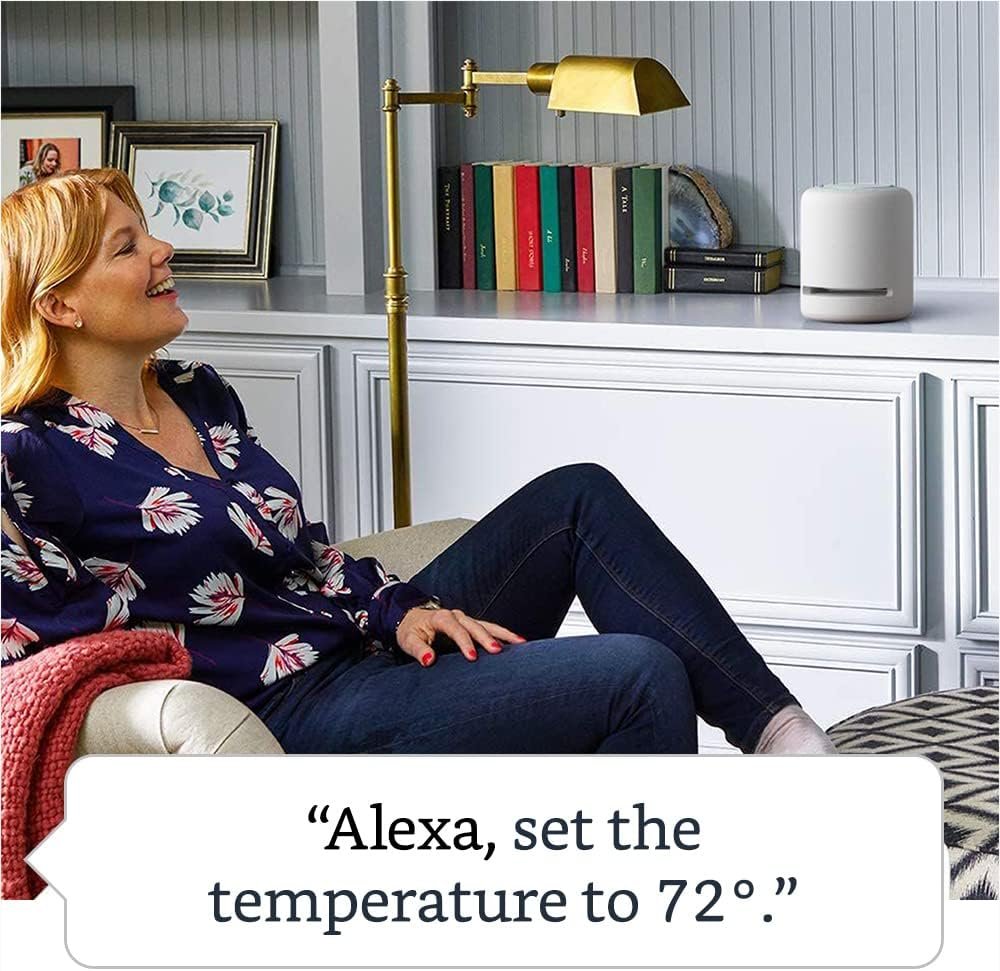Have you ever wondered if green homes really fly off the market quicker than their traditional counterparts? It’s a question that many potential homeowners and real estate investors find themselves asking in today’s environmentally conscious world. The concept of a ‘green home’ has broadened over the years, encompassing energy-efficient appliances, sustainable building materials, and a design that promotes a reduced carbon footprint.

Understanding Green Homes
Before diving into whether green homes sell more quickly, let’s take a closer look at what constitutes a green home. These homes are designed to be environmentally friendly and sustainable, typically featuring renewable energy systems, efficient heating and cooling systems, and materials that have less negative impact on the environment.
Features of Green Homes
Energy Efficiency: One of the most common features is the inclusion of energy-efficient appliances and systems. This can include solar panels, energy-efficient windows, and smart home technology that optimizes energy use.
Sustainable Materials: Builders might use recycled or sustainably harvested materials to reduce environmental impact.
Water Conservation: Features like low-flow fixtures, rainwater harvesting systems, and xeriscaping are often integral components of a green home.
Indoor Air Quality: Proper ventilation systems and the use of low-VOC materials help improve indoor air quality, which is crucial for a healthy living environment.
Benefits for Homeowners
Owning a green home offers several benefits beyond environmental stewardship. For many, the appeal lies in the long-term cost savings associated with lower utility bills, less maintenance, and sometimes even tax incentives or rebates. Additionally, green homes often promote a healthier indoor living environment, which is becoming increasingly important to many buyers.
The Real Estate Market and Green Homes
Turning our attention to the real estate market, the question remains: do green homes actually sell faster than traditional homes? While the answer can vary based on geographic location and market conditions, there are some general trends and factors to consider.
Buyer Demand
There has been a noticeable shift in consumer preferences towards more sustainable living. This demand is supported by a growing awareness of climate change and a desire to make more socially responsible decisions. Real estate agents often report that homes with green certifications or features draw increased interest from potential buyers.
Market Trends and Statistics
Research suggests that green homes often sell for more money and may sell more quickly than traditional homes. For example, a study by the University of California found that certified green homes often sell faster and for more than comparable non-certified homes.
| Feature | Impact on Sale |
|---|---|
| Energy Efficiency | Faster sales due to appeal |
| Sustainable Materials | Higher resale value |
| Location Proximity to Green Spaces | Increased buyer interest |
| Certifications (e.g., LEED, ENERGY STAR) | Often associated with faster sales |

Challenges and Misconceptions
While the allure of green homes is rising, it’s essential to recognize the potential challenges and misconceptions present in the market.
Initial Cost Barrier
One of the primary concerns might be the upfront costs associated with building or upgrading a home to meet green standards. Though often offset by lower living expenses over time, the initial expenditure can be daunting for some buyers.
Misconceptions About Green Homes
There are also misconceptions about what it means to own a green home. Some may believe that all green homes must be new constructions, but this isn’t necessarily the case. Existing homes can be retrofitted with sustainable features to improve energy efficiency and lessen environmental impact.
Strategies for Selling Green Homes
If you’re considering selling a green home, there are strategic steps you can take to maximize its appeal on the market.
Highlighting Features
When marketing a green home, it’s crucial to highlight its sustainable features and benefits. This includes detailing energy savings, improved indoor air quality, and any certifications the home possesses.
Working with Professionals
Collaborating with real estate agents who specialize in green homes can provide a significant advantage. These professionals understand the unique selling points of green homes and can effectively communicate them to potential buyers.
Staging for Maximum Impact
Staging a green home by utilizing sustainable furniture and decor can reinforce the home’s environmental benefits. It also helps potential buyers visualize themselves living in a space that supports their values around sustainability.

Future of Green Homes in the Market
Looking ahead, the future seems promising for green homes. With increasing awareness about environmental issues and a corresponding shift in buyer preferences, sustainable living solutions will likely become even more mainstream in the housing market.
Innovations and Trends
Emerging trends include net-zero homes, which produce as much energy as they consume, and the integration of smart home technology to further enhance energy efficiency. These innovations will likely elevate buyer interest and possibly accelerate sales.
Policies and Regulations
Governments and regulatory bodies are also stepping up efforts to promote sustainable housing through incentives and codes that encourage energy efficiency and the use of renewable resources. As these policies become more widespread, they could further encourage buyers to opt for green homes, potentially speeding up sales even more.
Conclusion
In conclusion, while the question of whether green homes sell faster than traditional homes doesn’t have a one-size-fits-all answer, there’s compelling evidence to suggest they often do. With increasing consumer awareness, demand for sustainable living, and innovative advancements in green technology, the appeal of green homes is expected to rise. Whether you’re a seller looking to highlight the green features of your home or a buyer interested in the environmental and economic benefits of sustainable living, understanding the dynamics at play in the green home market can help achieve your real estate goals.



